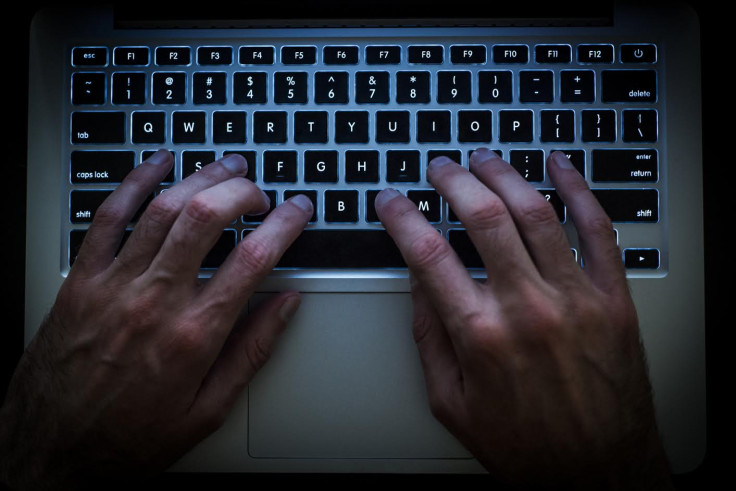German military hit with nearly 300,000 cyberattacks so far in 2017, cyber chief warns
Fancy Bear - a Russian hacking group - believed to be focusing on Germany.

The head of the German military's new cyber command, Lieutenant General Ludwig Leinhos, has revealed that army computers were targeted hundreds of thousands of times in the first nine weeks of 2017, amid rising fears that Russia-linked hackers are stepping up their activity.
"From hacker attacks to state attacks, we must be prepared for everything," Leinhos told German publication Bild on 2 April (Sunday). "In the first nine weeks of this year alone, Bundeswehr [armed forces] computers were attacked more than 284,000 times."
He did not specify what types of cyberattacks hit the sensitive computer networks, but the military later indicated no classified material was compromised.
To deal with the rising threat, Germany's new cyber command is urgently in a state of expansion.
Based in Bonn, western Germany, the team will initially be made up of just over 250 personnel. However, this is expected to grow to roughly 13,500 by mid-2017 as other branches of the military – including the strategic reconnaissance command – become involved.
According to Reuters, the command will have 14,500 positions by 2021. "The expansion of cyber capabilities is an essential contribution to the government's overall security posture," a military spokesperson said in a statement.
Offensive cyber-ops are reportedly not out of the question.
Concerns from world leaders have spiked after a slew of alleged Russian cyberattacks targeting election campaigns, politicians and government intuitions. Last week, German officials revealed the country fended off at least two major attacks from Fancy Bear, a known hacking group.
In one of the attacks – from 2016 – hackers launched a phishing scheme targeting political parties in Germany using emails that were designed to look like they came from a domain name linked to Nato. It is widely believed this was the work of the same cybercrime group.
In January this year, the US intelligence community said Russian president Vladimir Putin likely played a role in the campaign. It claimed the intention was to undermine American democracy and – ultimately – to help elect Donald Trump to the White House.
"We assess Moscow will apply lessons learned from its Putin-ordered campaign aimed at the US presidential election to future influence efforts worldwide, including US allies and their election processes," warned the 25-page report at the time.
Kremlin spokesperson, Dmitry Peskov, responded: "These are baseless allegations substantiated with nothing, done on a rather amateurish, emotional level. We still don't know what data is really being used by those who present such unfounded accusations."
German chancellor, Angela Merkel, previously said dealing with cyberattacks had become a "daily task", warning they may be used to influence an upcoming September election. In the case of the US election last year, hackers successfully spread misinformation and leaked documents.
Similar attacks have been recorded in the UK and France.
© Copyright IBTimes 2025. All rights reserved.






















